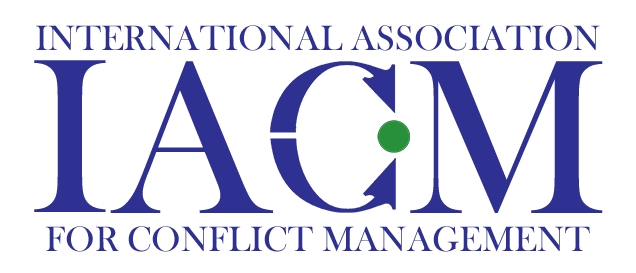Full Program »
Moral Courage in Auditing: Characteristics of Ethical Accountants
Keywords: unethical behavior; moral courage; personality; honesty-humility
Abstract: The audit profession was created to provide external assurance that an organization’s financial reports are free of material misstatements, yet conflicting pressures cause auditors to compromise professional standards of integrity. In this work, we incorporate social and personality psychology research to explain why some auditors resist temptations to behave unethically despite the potential negative consequences that may result, whereas others do not. We propose that auditors must have a high degree of moral courage to be effective. We zero in on moral courage by focusing on two traits from the HEXACO model of personality structure that capture distinct forms of prosocial behavior, honesty-humility and agreeableness. Across a laboratory experiment and survey of Certified Public Accountants (CPAs), we find that high levels of honesty-humility are associated with more honest auditing. Agreeableness is, at best, not reliably related to honest auditing and, at worst, associated with allowing more rather than less fraud.
